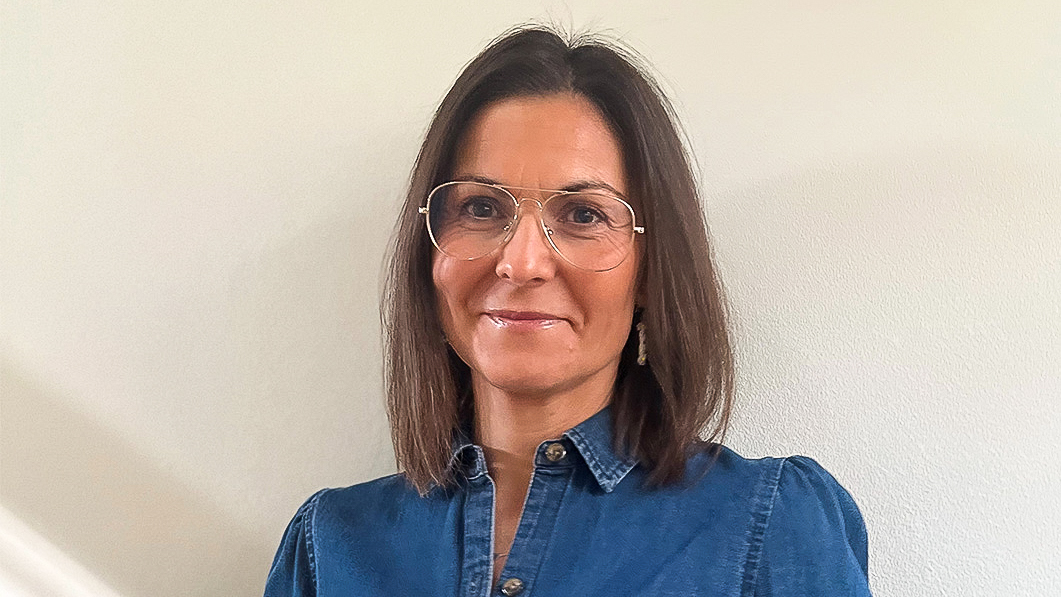"The FACT-model is a very large scope initiative in Norway – both for young people and for adults," writes Kristin Trane to inn.no.
The full name of the model is Flexible Assertive Community Treatment (FACT).
It can work in both urban and rural regions in Norway, and contribute to positive changes in the service system, according to Trane.
"The often-used term collaboration-model seems to fit well with how many of the FACT-teams in Norway function," she adds.
- Read the thesis (in Norwegian): The FACT- model as part of complex and fragmented service systems and rural regions.
In need of customized treatment
The health authorities believe that more of the help offered to people with psychotic disorders and other serious mental disorders should be provided close to where people live and stay.
According to the Norwegian National Advisory Unit on Concurrent Substance Abuse and Mental Health Disorders (ROP), the FACT-model, as one of several, was developed to solve the situation that arose when the large psychiatric hospitals began to discharge patients with serious mental disorders for treatment and follow-up in the municipalities and the regional psychiatric centres, and significantly reduced their number of beds.
The service offerings look different, and are organized differently in different municipalities and regional psychiatric centres. The need to have an adapted treatment plan was undeniable.
The FACT-model was a response to the challenges that emerged from providing services to all residents of an area with serious mental disorders over a long period of time. The FACT teams work actively in outreach and treatment, and follow-up takes place where the person lives and has a network.
Making adjustments
According to Trane, the teams, as a binding interaction between municipal and specialist health services, contribute to them being able to work to a greater extent in line with the model and the goal of integrated treatment.
At the same time, complex and fragmented service systems and rural contexts present challenges for the teams, but in her doctoral work, Trane has observed an important factor:
"The teams make adjustments that increase the model’s potential in such contexts," she writes.
If FACT teams have a particular focus on the role of responsible coordinator, collaborative actor, and on being a single door into the service system, it seems that the possibility of working in line with the model, and the goal of integrated treatment, improves.
The same seems to be the case in rural regions if, for example, the teams are established as inter-municipal collaborations, have fewer users per employee and use digital tools, according to one of the conclusions in Kristin Trane's thesis.
Trane is employed at the Norwegian Resource Centre for Community Mental Health, but as a research fellow she was employed at the Norwegian National Advisory Unit on Concurrent Substance Abuse and Mental Health Disorders (NKROP). Trane has completed her doctoral work in the PhD programme Innovation in Services in the Public and Private Sectors (INSEPP) at INN University.
The key findings of the doctoral work:
- FACT- teams can contribute to positive changes in complex and fragmented service systems.
- Complex and fragmented service systems hamper FACT-teams functioning.
- Rural regions challenge the FACT-models potential.
- Innovative adjustments can increase the FACT- models potential in rural regions.
- Adjustments to complex and fragmented service systems might enhance FACT-teams’ possibilities to provide integrated care.
Contact information:
- Kristin Trane
- Mobile phone: 91318011
- Email: kristin.trane@samforsk.no
Here you'll find further information about Kristin Trane's public defence on 24 May 2023.



